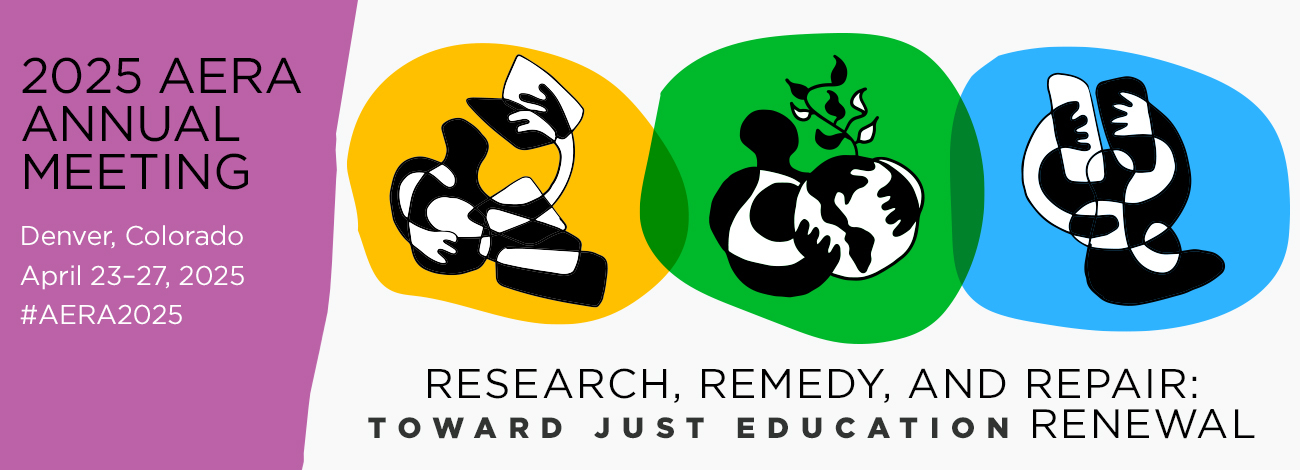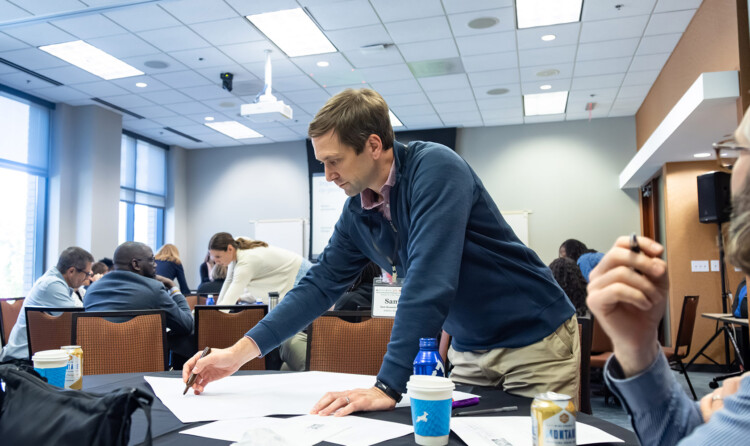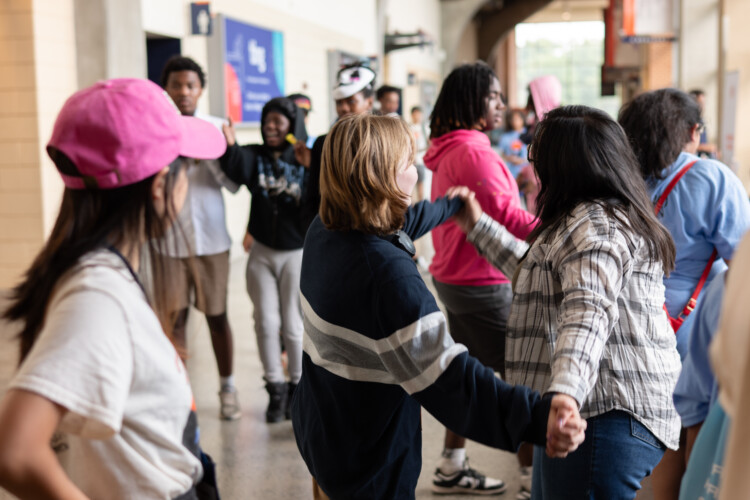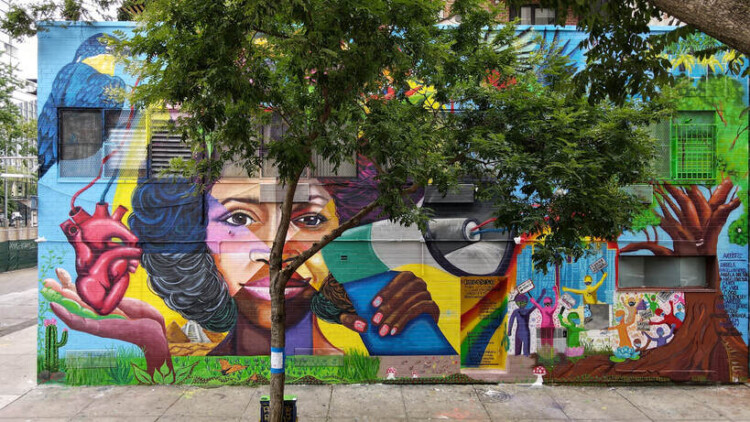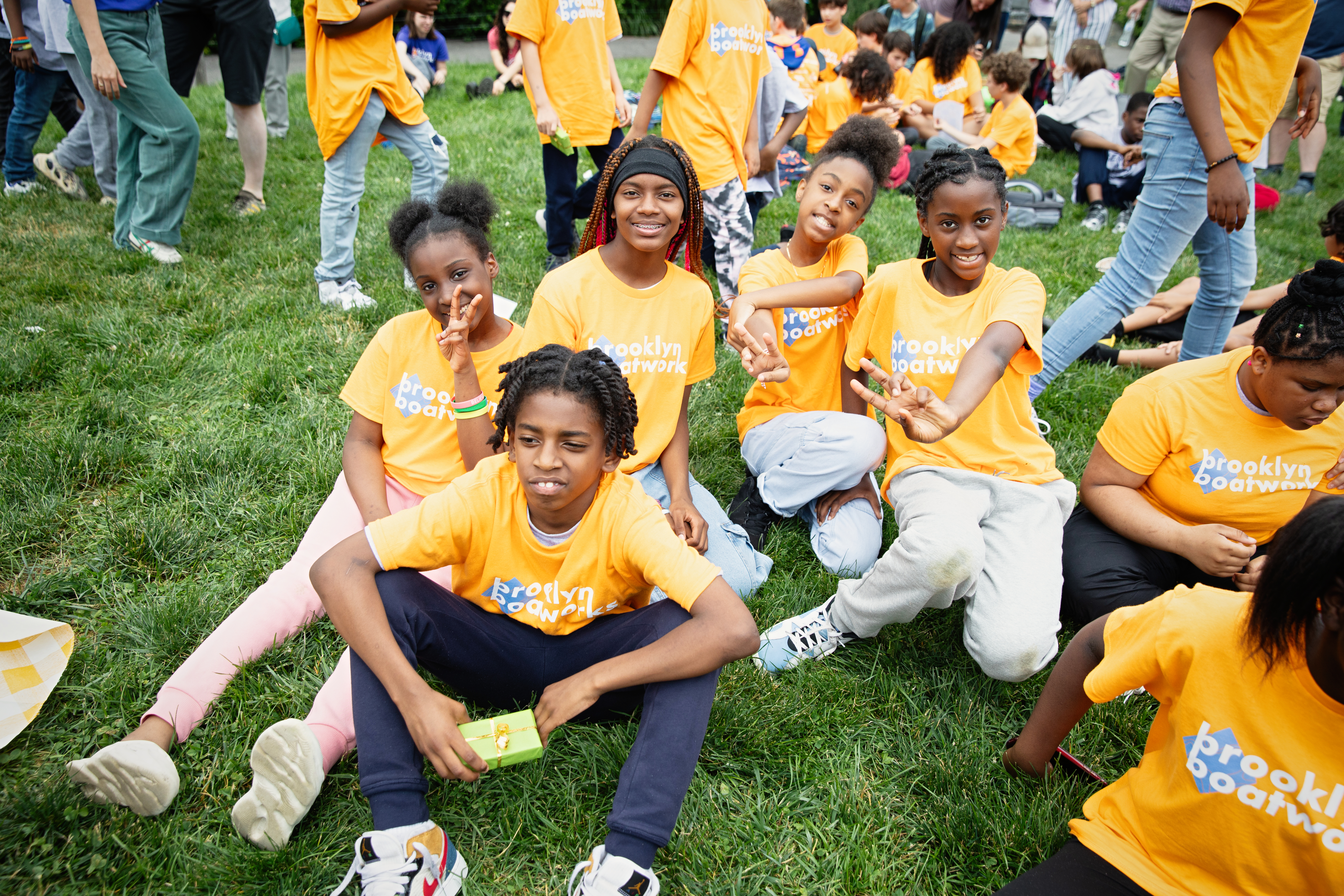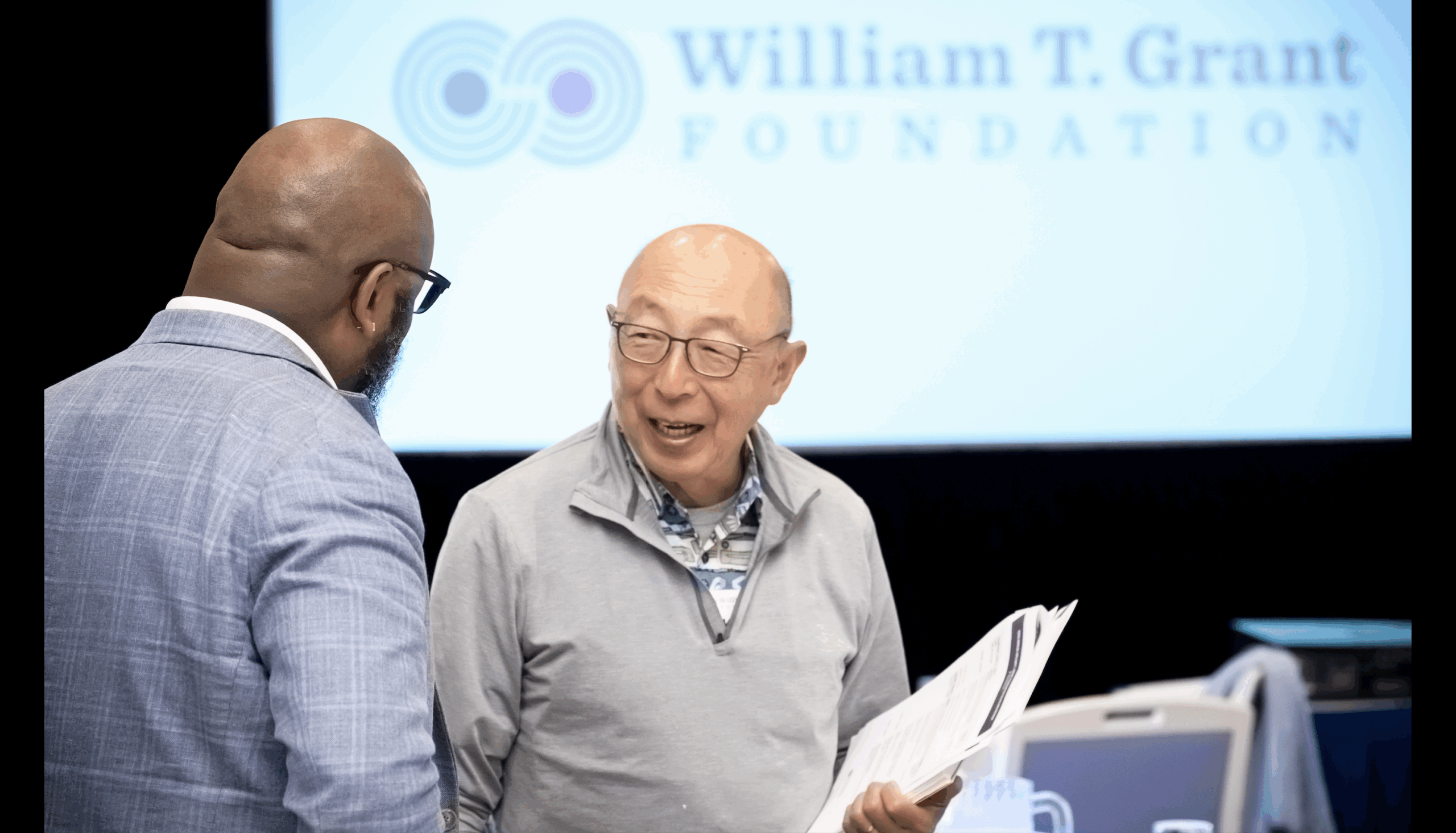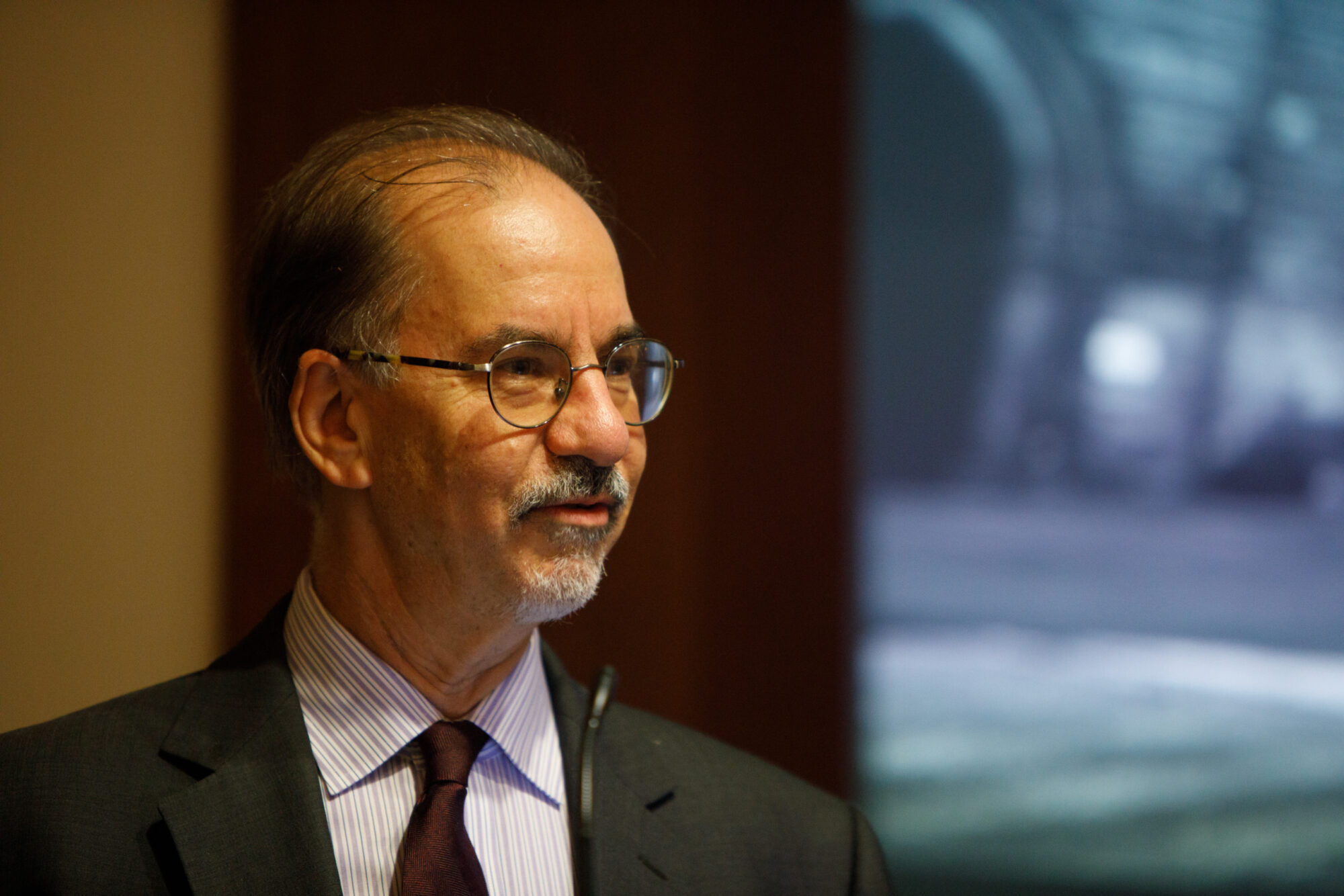Next week, education researchers will convene at the annual meeting of the American Educational Research Association (AERA) in Denver. We come together at a critical moment. The research infrastructure that for decades has supported advances in knowledge about ways to improve outcomes for students and families is being dismantled. Educators and policymakers who mobilize knowledge and evidence are operating in openly hostile environments. The students and families who animate so much of our work are living through compounding uncertainties.
So it’s fitting that this year’s theme is “education renewal.” There’s no time like the present to reaffirm our commitments, speak out for our convictions, share what we’ve learned, and pursue opportunities to advance education research. AERA has taken the lead in defending the education research infrastructure through its action alerts, letters to Congress and the Administration, and joining a lawsuit to rebuild the Institute of Education Sciences. The AERA president, Janelle Scott, is a long-time Foundation grantee and currently co-PI on a project on Public Learning in a Multi-Racial Democracy. I appreciate Janelle’s and AERA’s leadership in this challenging time.
In Denver, along with the many grantees who will be presenting their work and participating in talks, my colleagues from the Foundation and I will discuss areas where such opportunities exist, including the promise of research-practice partnerships and engaged research, the supports available to early-career researchers who bring fresh perspectives to stubborn problems, and wide-ranging strategies for addressing inequality in educational outcomes:
The Institutional Challenge Grant: Community-Engaged Research to Improve Youth Educational Outcomes
Thu, April 24, 5:25 to 6:55pm
The Colorado Convention Center, Floor: Meeting Room Level, Room 304
Jenny Irons, Chair
This symposium features four recipients of the Institutional Challenge Grant from the William T. Grant Foundation. The grant has four goals for grantees: 1) strengthen an existing research practice-partnership with a non-profit organization or public agency, 2) pursue a joint research agenda to reduce inequalities in youth outcomes, 3) enhance the capacity of both partners to produce and use research evidence, and 4) create institutional change at the university to value engaged research. This moderated panel will highlight how partnerships working across K-12 and post-secondary educational contexts navigate challenges to conduct actionable research and create conditions more favorable for evidence use and for rewarding research that makes a difference.
Research Practice Partnerships . . . It Takes a Village: Enhancing the Benefits of an RPP Through Multiple Research Methods and Multiple Voices
Fri, April 25, 1:30 to 3:00pm MDT
The Colorado Convention Center, Floor: Meeting Room Level, Room 111
Jenny Irons, Chair
This symposium centers around the Research Practice Partnership (RPP) between ). AATL helps Atlanta Public Schools (APS) students access, afford, and earn postsecondary credentials. Since its first cohort in 2016, nearly 6,000 APS graduates have received the AATL Scholarship and complementary supports.
We will discuss how RPPs, such as this one, operate and conduct research to improve students’ lives. In addition, we will focus on how our RPP incorporates additional people, voices, and methods to enhance its work to better serve students, inform policy, and also better inform, train, and educate researchers, future researchers, and practitioners alike.
Early Career Research Fellowship and Funding Opportunities
Fri, April 25, 3:20 to 4:50pm MDT
The Colorado Convention Center, Floor: Ballroom Level, Mile High Ballroom 4AB
Jenny Irons, Discussant
This session will highlight research funding and fellowship opportunities that are available through scholarly societies and foundations that are tailored to early career scholars. Presenters will provide an overview of the early career funding and fellowship opportunities that their organizations offer, with moderated Q&A to follow presentations.
Evidence for the Right to Learn: Research Responses to Bans on Teaching and Learning
Wed, April 23, 4:20 to 5:50pm MDT
The Colorado Convention Center, Floor: Ballroom Level, Mile High Ballroom 4EF (R)
Adam Gamoran, Discussant
The so-called “anti-CRT movement” has passed 20 state gag order laws that tie educators’ hands when teaching about the U.S.’s history of oppression. This movement seeks to limit curriculum and instruction related to race, identity, and difference; efforts to expand such policies are underway. This interactive session will present research syntheses, prepared with support from the Foundation, designed to help educators, policymakers, parents, and advocates speak back to these efforts with evidence about how children learn and how best to prepare the next generation for a multiracial democracy. The authors will present research syntheses on teaching and learning, sociocultural aspects of education, law and policy, and movement building. Next, we will break out into roundtables to discuss implications and strategies, followed by comments from discussants.
The Academic Publishing and Peer Review Crisis: Remedy and Repair to Address Systemic Challenges and Inequities
Sun, April 27, 11:40am to 1:10pm MDT
The Colorado Convention Center, Floor: Ballroom Level, Mile High Ballroom 1EF
Adam Gamoran, Participant
We are at cross-roads with academic publishing and peer review for several reasons: 1) there is pressure on scholars to produce at higher rates, 2) academics face burnout as professional demands in their institutions increase, 3) Advances in AI have affected research production and academic freedom, and 4) journal editorial teams scramble to find reviewers, which has greatly extended the time to publication. Even as many institutions extended tenure and promotion clocks because of Covid-19, this response did not address the larger issues around disruptions to research, review, and production timelines and the way researchers are positioned differently in terms of gender, institutional type, and other consequential dimensions. This interactive panel will focus on how systemic challenges and inequities in the peer review process have led to–and continue to exacerbate–inequities in knowledge development and production and identify potential strategies to remedy and repair the academic publishing and peer review system.
